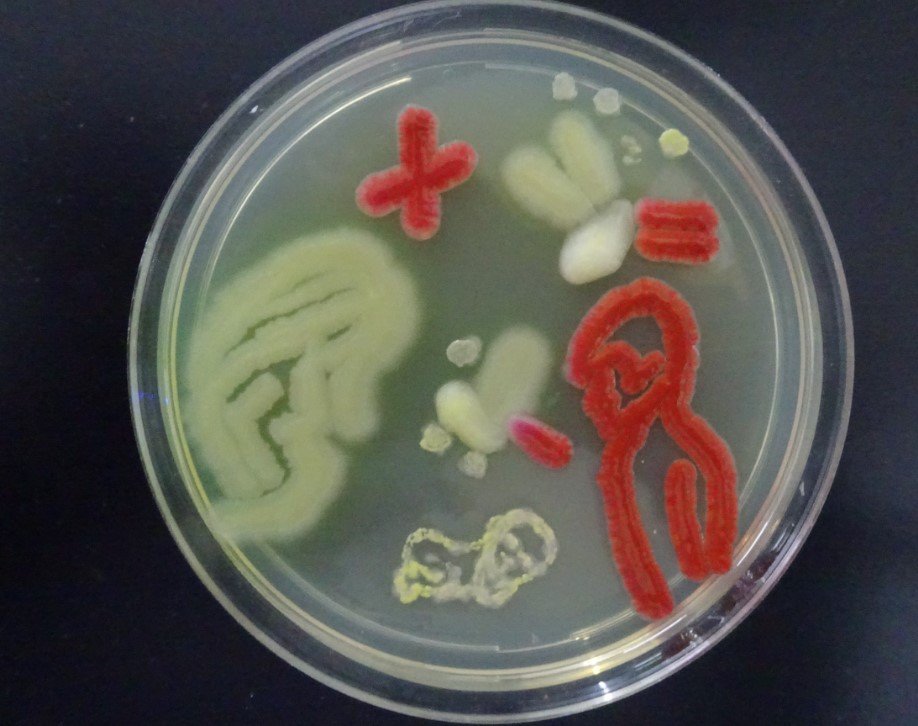In the azure waters of Antigua, a new study has embarked on a journey to unravel the complex relationship between the marine microbiome and the resilience of coral reefs. This research could illuminate the hidden dynamics that enable coral ecosystems to withstand environmental stressors.
The marine microbiome, consisting of diverse microorganisms, plays a pivotal role in the health and stability of coral reefs. Scientists from the Elkhorn Marine Conservancy (EMC) are delving into how these microscopic entities may bolster the resilience of corals against diseases and climate-induced stress.

Recent observations have shown that amidst a marine heatwave that devastated many coral species, certain reefs in Antigua remained relatively unscathed. This anomaly has led researchers to hypothesize that a robust marine microbiome might be providing a line of defense for these resilient reefs.
Investigating the Links
To explore this possibility, the EMC, in collaboration with Dr. Amy Apprill from the Woods Hole Oceanographic Institution, has initiated a comprehensive study. They are analyzing water quality and microbial samples from various sites around Antigua’s coasts, which differ in their exposure to human impact.
By comparing the microbial communities in areas with healthy corals to those with diseased ones, scientists aim to identify patterns that could explain the varying degrees of resilience. The findings from this research are expected to inform conservation strategies and potentially identify prime locations for future coral restoration efforts.
Implications for Conservation and Beyond
The implications of this study extend far beyond the shores of Antigua. Understanding the marine microbiome’s role could revolutionize our approach to preserving coral reefs globally. It underscores the importance of safeguarding these microorganisms, which may hold the key to the survival of coral ecosystems in an era of rapid environmental change.
As the study progresses, the EMC remains committed to employing data-driven strategies to enhance marine conservation efforts. This research not only contributes to the scientific community but also serves as a beacon of hope for the future of our oceans.
















